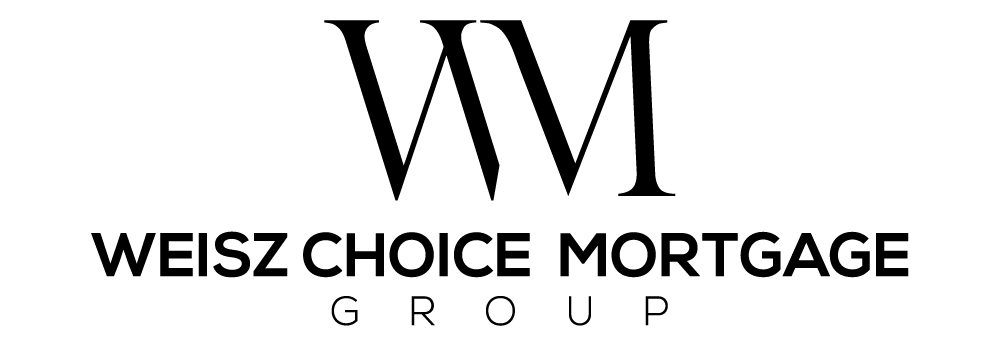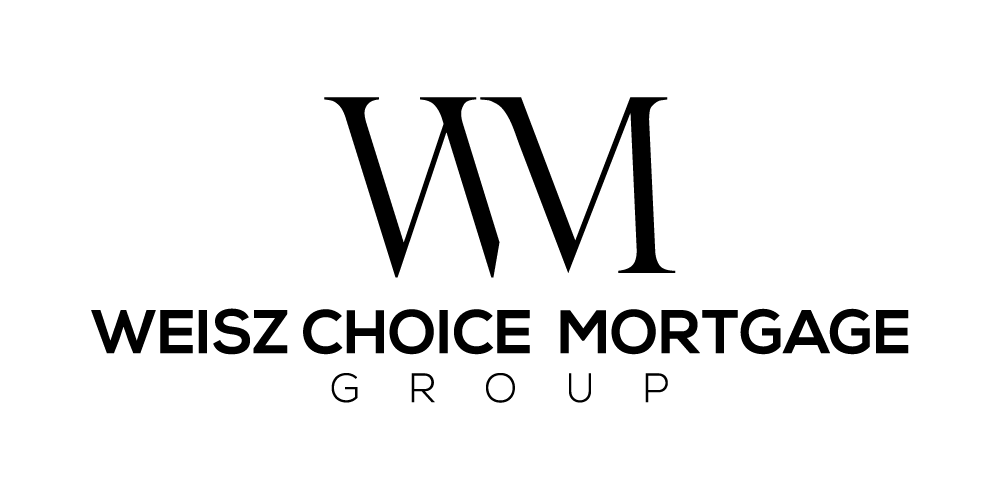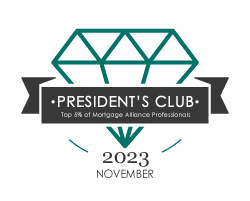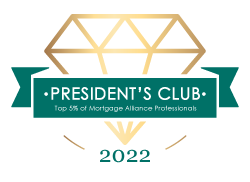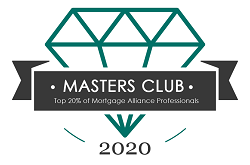Serving the Greater Toronto Area including Hamilton, Halton, Burlington, Oakville, Mississauga, and Niagara Region.
Serving the Greater Toronto Area including Hamilton, Halton, Burlington, Oakville, Mississauga, and Niagara Region.
Knowledge Center
At Weisz Choice Mortgage Group, we want our customers to have confidence in us. Here are some definitions of commonly used words and phrases so you can buy or refinance your next home with confidence!
Agreement of Purchase and Sale
An agreement of purchase and sale is a legally binding contract between the buyer and the seller. It includes price, deposit, closing date and other important information about a real estate deal. It sets out the terms on which the buyer must buy, and the seller must sell, the home on the specified date. An offer to purchase, when accepted by a vendor, becomes an agreement of purchase & sale.
Amortization Period
Amortization period is the length of time it takes to pay off a mortgage, including interest. It may be between 5 and 30 years. For a new mortgage, the amortization period is usually 25 years. Amortization period differs from mortgage term, which is the length of the contract with your lender. When a term ends, you either pay off your mortgage or renew it if your lender agrees. If you want to pay down your mortgage faster, you can shorten your amortization period and make higher mortgage payments. You can negotiate an amortization as short as 5 years.
Bridge Loan
A bridge loan is a short-term loan. You may need a bridge loan if you own a home, but need funds from the value of your existing home to close a deal on a new one. This loan is usually only available if you already have a signed, unconditional sale offer on your current home.
Closed Mortgage
With a closed mortgage, the borrower may only prepay a limited amount of the principal without paying a prepayment charge. If you have a fixed rate closed mortgage, the prepayment charge is usually 3 months' interest or the interest rate differential (IRD), whichever is greater. The interest rate for a closed mortgage is generally lower than the interest rate for a comparable open mortgage.
Closing Costs
Closing costs are expenses you pay to close a property purchase and sale. As the buyer, your closing costs include land transfer tax, legal fees and any costs the lawyer pays on your behalf, such as title insurance, survey costs, courier charges, among others. The seller's closing costs include real estate commission (if applicable), legal fees and any costs their lawyer pays on the seller's behalf.
Conditional Offer
A conditional offer is an offer to buy a property only if certain conditions are met. For example, an offer could be conditional on the property passing a home inspection, or on the buyer selling their current home by a certain date.
Down Payment
A down payment is the amount of money, including deposit, you put towards the purchase price of a property. Minimum down payments vary from 5% to 20%, depending on location. If your down payment is less than 20% of the property value, your mortgage is high-ratio and you need to buy mortgage default insurance.
Fixed-Rate Mortgage
If you have a fixed-rate mortgage, your interest rate and monthly payments stay the same for the entire mortgage term. If mortgage interest rates go up during the term, you're protected because your rate stays the same.
Gross Household Income
Gross household income is the total income, before deductions, for all people who live at the same address and are applicants on a mortgage.
High-Ratio Mortgage
A high-ratio mortgage has a principal greater than 80% of the property value. If you have a high-ratio mortgage, you need mortgage default insurance because this is a high-risk loan. If you default on the mortgage, the insurance pays the lender for certain losses. Not all lenders offer high-ratio mortgages.
Home Equity
Your home equity is the value of your home, minus total outstanding debt (such as mortgages and liens) registered against title to the property.
Calculate as follows:
Property value – total debt secured by the property = home equity
Interest
Interest is the money you pay to your lender for using the funds you borrow. Interest is charged from the day you get the money. That day is known as the funding date. Your interest rates rise and fall over time. Every time you renew your mortgage term, you renegotiate your mortgage interest rate.
Land Transfer Tax
Land transfer tax is a closing cost you pay the government on your closing date. The tax is calculated based on the property's purchase price.
Most provinces charge a provincial land transfer tax and some cities charge an additional municipal land transfer tax. Taxes vary by province and first-time home buyers are sometimes exempt from part of the cost.
Maturity Date
The maturity date is when your mortgage term ends. This is when you either renew your mortgage for a new term, if your lender agrees, or pay it off completely.
Mortgage Default Insurance
Mortgage default insurance protects lenders when borrowers can't repay their mortgage. You need this insurance if you have a high-ratio mortgage.
Mortgage Disability Insurance
Mortgage disability insurance is optional creditor’s group insurance that can pay up to a maximum benefit amount toward your mortgage if you can no longer work due to a disability.
Mortgage Discharge
When you pay off your mortgage in full, your lender issues a mortgage discharge document that's registered on title to your property. It certifies the property is completely free from that mortgage debt.
Mortgage Life Insurance
Mortgage life insurance is optional creditor’s group insurance that can reduce or pay off your mortgage — up to a maximum benefit amount — in the event of your death.
Mortgage Pre-Approval
With mortgage pre-approval, you're asked questions that closely match those of a full mortgage application. The lender does a credit check. The lender pre-approves you for a maximum amount and gives you a mortgage pre-approval certificate, which is subject to several conditions. This lets you know how much money your lender may lend you, but it doesn't guarantee final approval.
Mortgage Principal
Mortgage principal is the amount of money you borrow from a lender. If a mortgage is for $250,000, then the mortgage principal is $250,000. You pay the principal, with interest, back to the lender over time through mortgage payments.
Open Mortgage
You can prepay open mortgages, in part or in full, without a prepayment charge. Open mortgages usually have higher interest rates than closed mortgages. But open mortgages are also flexible. If rates start to increase, you can easily pay off an open mortgage and switch to a closed one.
